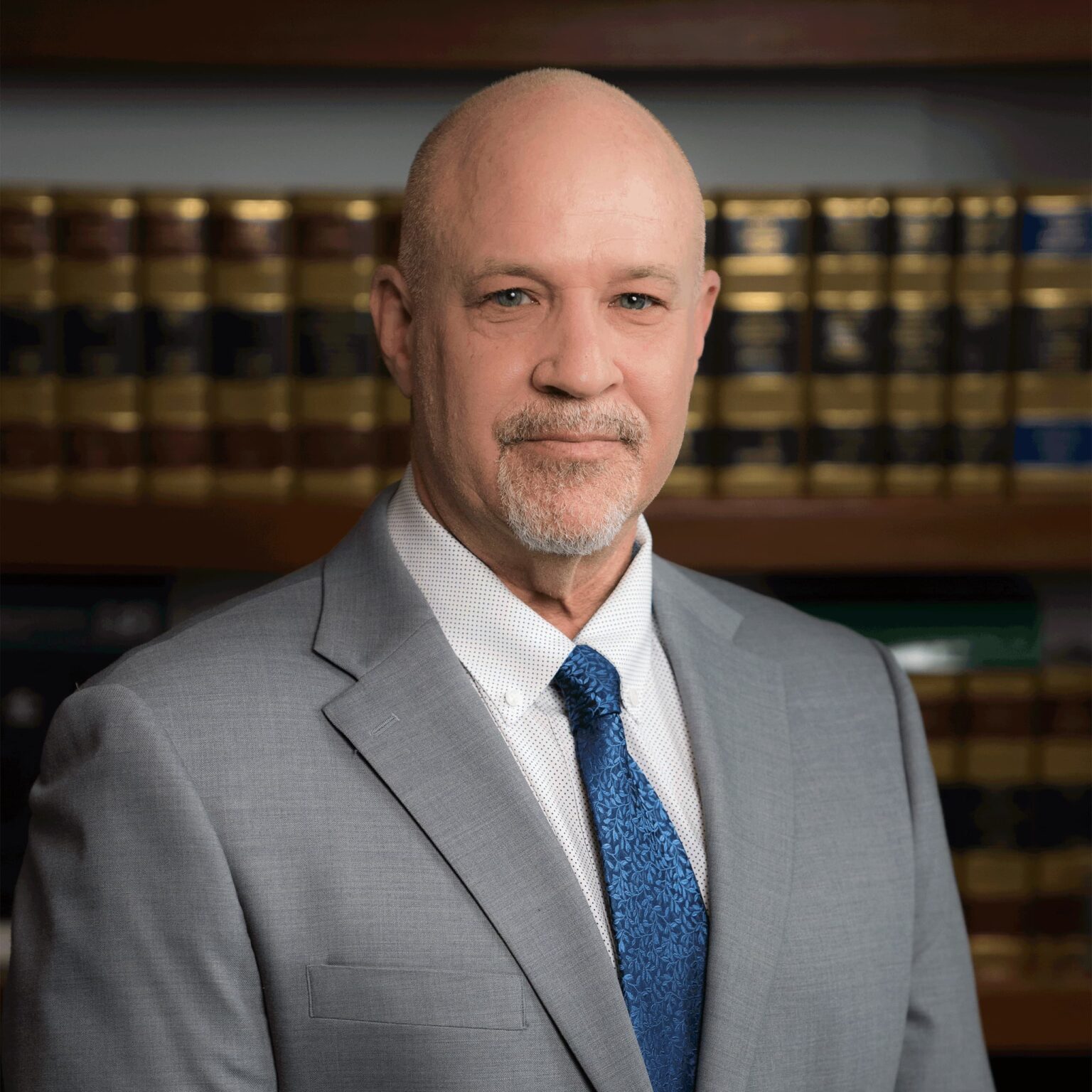When someone else’s carelessness leaves you seriously injured, the consequences often go beyond physical recovery. You may be in pain for weeks, months, or longer. You might lose your ability to work or care for your family. Everyday tasks become difficult, and the emotional toll can be just as heavy as the financial one.
In Florida, you may have the right to seek compensation for these losses by filing a personal injury lawsuit. While some expenses like medical bills or lost wages are easier to calculate, others such as emotional distress or chronic physical pain are harder to quantify. These losses fall under what the law calls “pain and suffering.”
If you were hurt in Plantation or anywhere in Broward County due to someone else’s negligence, here’s what you need to know about whether you can file a lawsuit for pain and suffering and what it may involve.
What Is Considered Pain and Suffering in Florida?
“Pain and suffering” refers to the physical and emotional harm you experience as a result of your injuries. These losses are considered non-economic damages because they don’t have a set dollar value but still significantly affect your life.
Examples include:
- Physical pain from injuries sustained, such as spinal cord injuries or broken bones
- Anxiety, depression, or trauma related to the event
- Sleep problems, fatigue, and loss of appetite
- Inability to enjoy hobbies or activities you once did
- Changes in relationships or mood
- Permanent scarring or disfigurement
Florida law recognizes that these types of harm are real and compensable. However, because they are not tied to medical bills or wage statements, you must build a strong case showing how your injury has affected your daily life.
When You Can Sue for Pain and Suffering in a Personal Injury Case
Pain and suffering damages may be available in many types of personal injury cases. These claims typically arise when your injuries are caused by another person’s negligence or failure to act with reasonable care. Some of the most common scenarios include:
- Slip and fall accidents in stores, restaurants, or homes
- Dog bites or animal attacks
- Medical malpractice by doctors or other medical professionals
- Product liability claims involving defective or dangerous products
- Nursing home abuse or neglect
- Construction or property-related fall accidents
- Serious motor vehicle crashes, including those involving pedestrians or bicyclists
- Wrongful death lawsuits brought by surviving family members
Whether you were hurt on someone else’s property, injured by a faulty product, or harmed by a medical error, you may be able to pursue compensation for pain and suffering if your case meets certain legal standards.
When Car Accidents May Involve Pain and Suffering Compensation
Florida uses a no-fault insurance system, which means your own Personal Injury Protection (PIP) coverage pays for medical bills and partial wage replacement, regardless of who caused the crash. However, PIP does not provide compensation for pain and suffering.
You are not barred from filing a lawsuit after a car accident, but in order to recover compensation for pain and suffering, your injuries must meet the threshold set out under Florida Statutes § 627.737. That means you must be able to show at least one of the following:
- Significant and permanent loss of an important bodily function
- Permanent injury diagnosed by a qualified medical provider
- Significant and permanent scarring or disfigurement
- Death
If your case meets one or more of these conditions, then pain and suffering damages may be pursued as part of your broader personal injury lawsuit.
What You Need to Prove Pain and Suffering
Because non-economic damages are not supported by receipts or invoices, your claim must be backed by detailed, credible evidence. That evidence shows not just that you were injured, but that your injuries have caused serious disruption to your life.
You may need:
- Medical records documenting the injuries and treatment
- Mental health evaluations if you’ve received therapy or counseling
- Witness statements from family, coworkers, or others who’ve observed changes in your behavior or daily function
- A pain journal where you’ve tracked your symptoms and limitations over time
- Photographs showing visible injuries or changes in appearance
- Documentation of lost wages or job changes due to the injury
Together, this evidence helps your personal injury attorney demonstrate the depth of your suffering and the and the full extent of the damages you’re seeking under Florida law.
How Florida Courts Calculate Pain and Suffering Damages
There is no formula or fixed calculation for pain and suffering damages in Florida. These non-economic damages are determined by a jury, based on the full scope of your physical and emotional recovery.
Jurors may consider a wide range of evidence, including:
- The nature and severity of your injuries
- The medical treatment required (e.g., physical therapy, injections, surgery)
- Testimony from your doctors and medical professionals
- The effect of the injuries on your ability to work, engage in hobbies, and maintain your relationships
- Any long-term limitations or impairment
- Your own testimony about how the injury has affected your daily life
Rather than applying a mathematical formula, the jury listens to all the evidence presented and makes a determination about what amount of compensation is fair based on the impact the injuries have had on your life.
Can You Still Recover if You Were Partly at Fault?
In some cases, you may share responsibility for the incident. Florida follows a modified comparative negligence rule, which means you can still recover compensation as long as you are not found more than 50% at fault.
For example, if a jury finds you 30% at fault for a fall slip accident and awards $100,000 in damages, your compensation would be reduced to $70,000. But if you’re found 51% or more at fault, you cannot recover damages under Florida Statutes § 768.81.
That’s why a strong legal strategy and credible evidence are so important—your ability to recover pain and suffering damages may depend on how fault is assigned.
How Long You Have to File a Lawsuit in Florida
Florida law gives you two years to file most personal injury lawsuits, including those involving pain and suffering. This time limit is outlined in Florida Statutes § 95.11.
In certain cases, such as medical malpractice or claims involving minors, the deadline may be extended, but these exceptions are limited. If you miss the filing deadline, your case can be dismissed, and you may lose the opportunity to pursue any compensation.
Talk to a Plantation Personal Injury Attorney About Your Legal Options
If you’ve suffered physical pain, emotional distress, or disruption to your daily life due to someone else’s negligence, you may have the right to seek compensation. A personal injury lawsuit can help cover not only your financial losses but also the personal toll your injuries have taken.
At Cohen and Juda, our PI lawyers represent injury victims throughout Plantation and across South Florida. With decades of legal experience and a client-centered approach, our law firm is dedicated to pursuing all the compensation our clients need to move forward, whether the case involves fall injuries, medical malpractice, wrongful death, or traumatic brain injuries.
Call our Plantation office at (954) 424-1440 or fill out our confidential online form to schedule your free case review. You found us by searching for “personal injury law firms near me.” Now take the next step. We don’t charge any fees upfront, and our firm only gets paid if we recover compensation on your behalf.
Copyright © 2025. Cohen and Juda, P.A. All rights reserved.
The information in this blog post (post) is provided for general informational purposes only and may not reflect the current law in your jurisdiction. No information in this post should be construed as legal advice from the individual author or the law firm, nor is it intended to be a substitute for legal counsel on any subject matter. No reader of this post should act or refrain from acting based on any information included in or accessible through this post without seeking the appropriate legal or other professional advice on the particular facts and circumstances at issue from a lawyer licensed in the recipient’s state, country, or other appropriate licensing jurisdiction.
Cohen and Juda, P.A.
8211 W Broward Blvd, Suite 310
Plantation, FL 33324
(954) 424-1440
https://www.cohenandjudaflorida.com/


